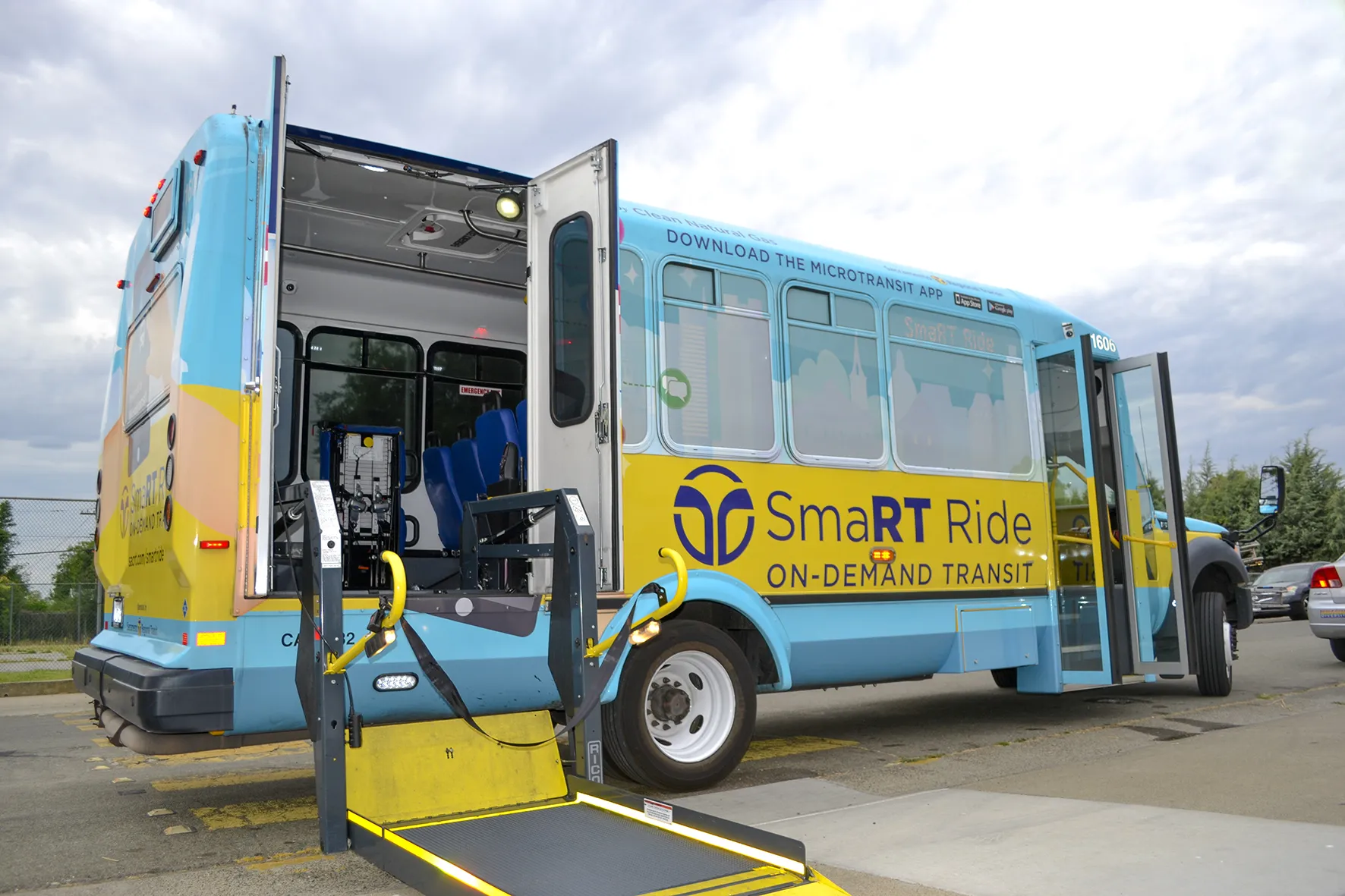RideCo’s platform will power Grab’s dynamic shuttle bus and van businesses for its corporate and consumer clients, following a trial conducted in Singapore. The service, according to James Ong, head of GrabShuttle, is predicted to complement the existing public transport network, allowing companies and individual consumers to benefit from shared transportation.
Under the agreement, RideCo will power several dynamic, on-demand services for Grab including short-distance trips within neighbourhoods, long-distance trips between neighbourhoods and daily transportation for corporate clients’ employees. Passengers can book trips immediately or up to seven days in advance.
Ong said: “At Grab, we have created a transport platform that caters to all passengers regardless of age, income or special needs. We are excited to expand our partnership with RideCo to provide greater speed and accessibility to our communities, while keeping cost extremely affordable.”
Prem Gururajan, chief executive officer of RideCo said, "Grab is at the forefront of innovation in the dynamic shuttle space in South East Asia. We are thrilled to partner with them. Their agile and innovative Grab Shuttle team has been a pleasure to work with. We look forward to supporting their corporate and consumer clients with the ground-breaking potential of dynamic shuttle technology."
RideCo platform powers Grab shuttle buses in South East Asia
RideCo’s platform will power Grab’s dynamic shuttle bus and van businesses for its corporate and consumer clients, following a trial conducted in Singapore. The service, according to James Ong, head of GrabShuttle, is predicted to complement the existing public transport network, allowing companies and individual consumers to benefit from shared transportation. Under the agreement, RideCo will power several dynamic, on-demand services for Grab including short-distance trips within neighbourhoods
March 29, 2018
Read time: 2 mins









